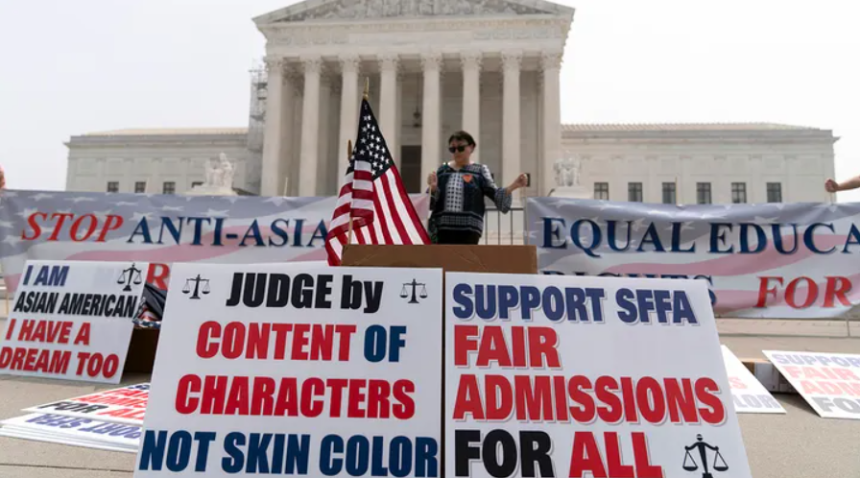Even before the ruling was handed down by the Supreme Court, the state of Florida had already done away with racial considerations in college admissions.
In the decades before the Supreme Court caused an uproar last week by rejecting affirmative action in higher education, the state of Florida unilaterally banned the use of race as a factor in college admissions. This may serve as an instructive forecast of what to expect in other parts of the country going forward.
A landmark decision that essentially put an end to affirmative action was handed down by the Supreme Court on Thursday by a vote of 6-3. According to allegations made in a class action complaint that was filed by the student activist organization Students for Fair Admissions, applicants of Asian heritage were singled out for discrimination throughout the admissions procedures at both Harvard University and the University of North Carolina. Violations of Title VI of the Civil Rights Act as well as the equal protection provision of the 14th Amendment were mentioned in the complaints.
In the majority opinion of the court, Chief Justice John Roberts said that any advantage bestowed upon a student whose ancestry or culture motivated him or her to take on a leadership role or accomplish a particular goal must be tied to that student’s unique potential to contribute to the institution. In other words, the student’s heritage or culture cannot be the only factor in determining whether or not the student receives the benefit.
That is to say, the student must be treated as an individual and not as a member of a certain ethnic group in order to get appropriate care and attention.














